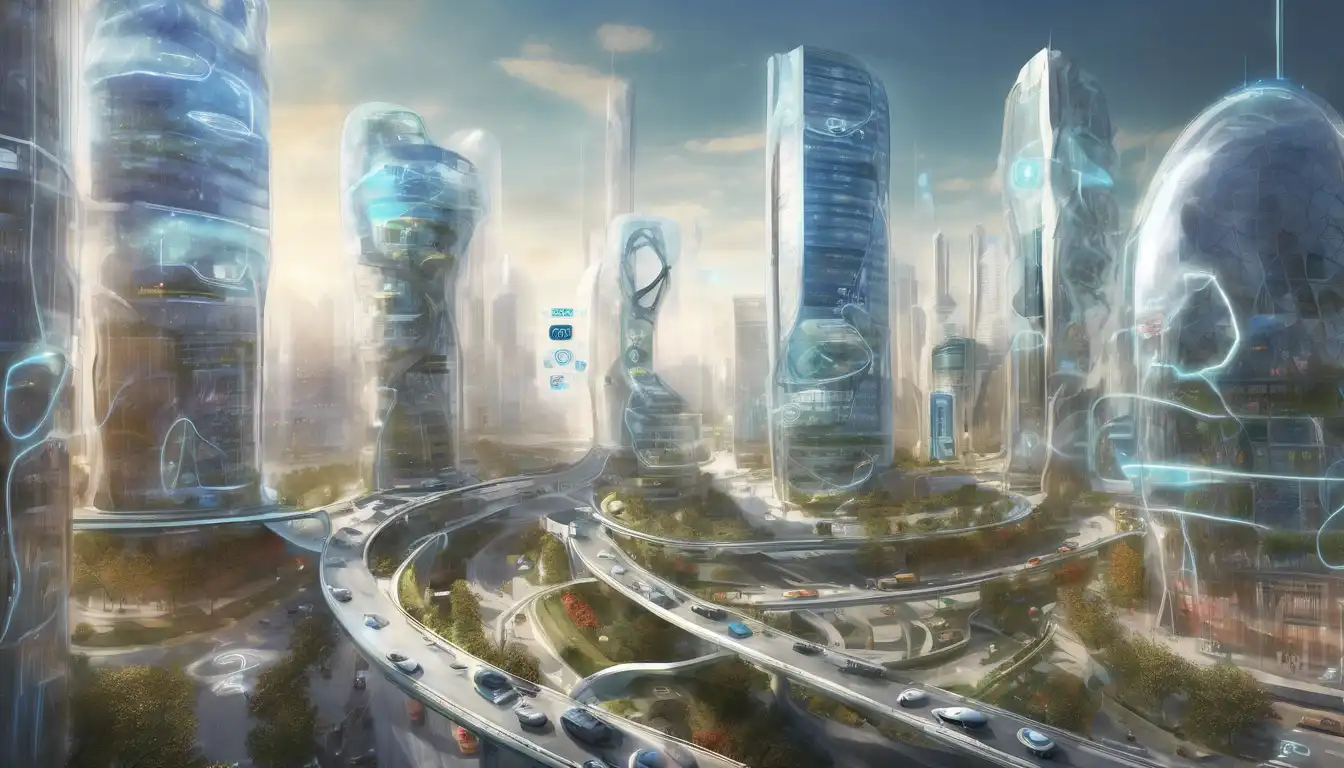The Role of IoT in Shaping Smart Cities
The Internet of Things (IoT) is revolutionizing the way we live, work, and interact with our urban environments. By connecting devices, sensors, and systems across cities, IoT is paving the way for smarter, more efficient urban spaces. This article delves into the transformative potential of IoT in smart cities, highlighting key benefits, challenges, and future prospects.
Key Benefits of IoT in Smart Cities
IoT technology offers numerous advantages for urban development, including:
- Enhanced Efficiency: IoT enables real-time monitoring and management of city resources, reducing waste and improving service delivery.
- Improved Public Safety: From smart surveillance to emergency response systems, IoT technologies help keep cities safer.
- Environmental Sustainability: IoT applications like smart grids and waste management systems contribute to greener urban environments.
- Better Quality of Life: Smart lighting, traffic management, and public transport systems make city living more convenient and enjoyable.
Challenges Facing IoT Implementation
Despite its potential, the integration of IoT into smart cities is not without challenges. Key issues include:
- Privacy and Security: The vast amount of data collected raises concerns about user privacy and data security.
- High Implementation Costs: The initial setup and maintenance of IoT infrastructure can be costly.
- Interoperability: Ensuring different IoT systems and devices can communicate seamlessly is a significant hurdle.
The Future of IoT in Smart Cities
Looking ahead, IoT is set to play an even more pivotal role in urban development. Innovations such as 5G networks and AI-driven analytics will enhance IoT capabilities, enabling smarter decision-making and more personalized services. As cities continue to grow, IoT will be crucial in addressing urban challenges and improving the quality of life for residents.
For more insights into how technology is transforming urban spaces, explore our articles on urban development and innovation.
Conclusion
The integration of IoT into smart cities represents a significant leap forward in urban development. By harnessing the power of connected technologies, cities can become more efficient, sustainable, and livable. However, realizing this vision requires addressing the challenges of privacy, cost, and interoperability. With continued innovation and collaboration, the future of IoT in smart cities looks bright.
